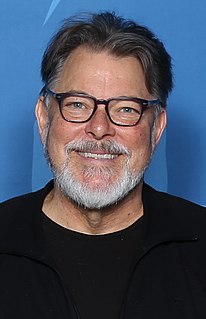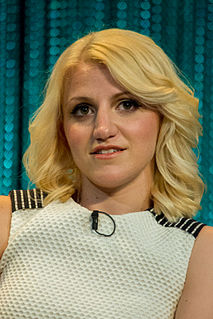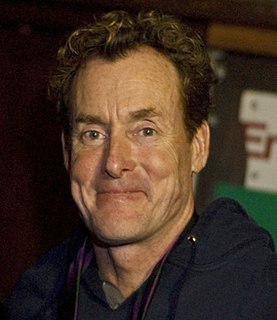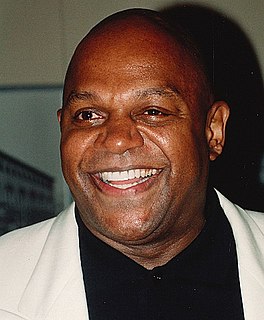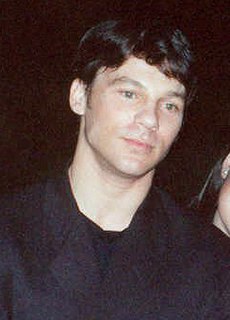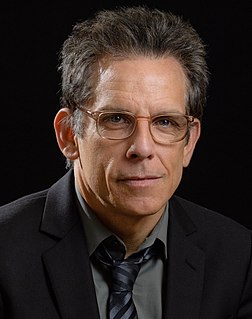A Quote by Jonathan Frakes
I think, frankly, that I'm a better director than I was an actor.
Related Quotes
It is one of the few elements in the process that a director really, really can't control: an actor's performance. If you have a director that understands that, it's comforting to an actor. You're starting the relationship more as a collaborator, rather than as an employee or some kind of a soldier trying to execute something you don't organically feel.
When an actor plays a scene exactly the way a director orders, it isn't acting. It's following instructions. Anyone with the physical qualifications can do that. So the director's task is just that – to direct, to point the way. Then the actor takes over. And he must be allowed the space, the freedom to express himself in the role. Without that space, an actor is no more than an unthinking robot with a chest-full of push-buttons.
Stepping out of the director's chair completely and into a scene as an actor was weird. It was more excitement about directing than anything, but I was on a high from being a director and enjoying that process so much that going back to being an actor was almost secondary because I really was loving directing.
I know that I've definitely found what I should be doing with my life. In my life, as far as my career goes, I always felt, as an actor, that it was something that would just be a temporary thing that would get me to what I wanted to do next. That's what my acting did. I really feel that I'm a much better director than I was an actor.
